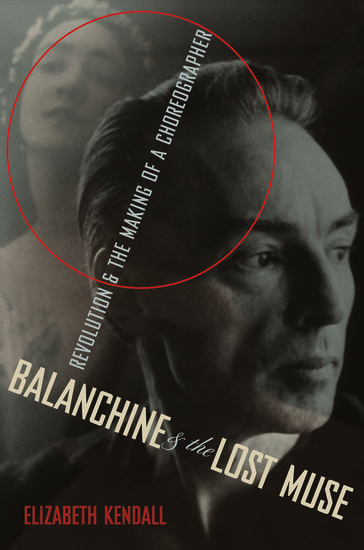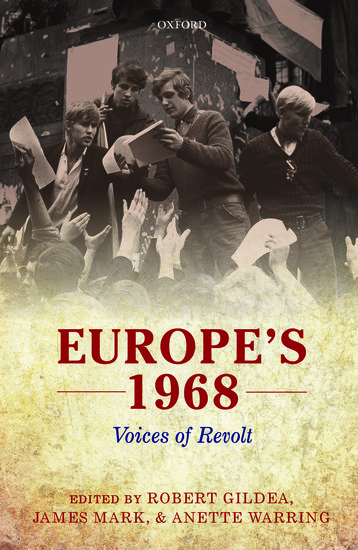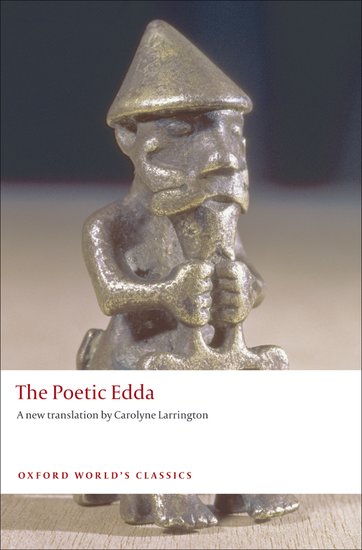Summers with George Balanchine
By Elizabeth Kendall
A hundred years ago in the summer of 1913, nine-year-old George Balanchine, then Georgi Balanchivadze, spent the last moments of normal childhood — in the country, in the forest by a lake — before he was abruptly brought back to St. Petersburg.











